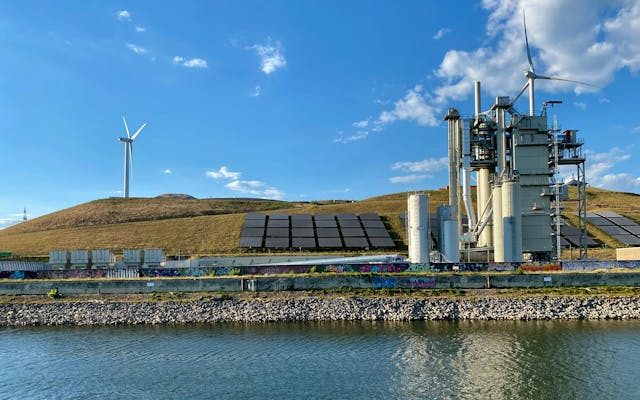Renewable energy sources, whether they be solar, wind, water, have become increasingly popular as an incredibly sustainable and cost-effective solution for generating electricity. But how profitable is it to install solar panels at home or in a business setting? This article examines the financial benefits, potential savings, and long-term profitability of investing in solar energy for both residential and commercial properties.
Financial Benefits of Solar Panels
- Reduced Bills One of the most immediate and selling benefits of installing solar panels is the reduction in what you are paying for your energy. By generating your own electricity, you can massively decrease how much you rely on the grid, which leads to substantial savings. This reduction in monthly expenses can add up over time for both homes and businesses, providing a strong return on investment.
- Higher Value of Property: Solar panels can increase the value of your property. Homes and businesses kitted out with solar energy systems are often more attractive to buyers and, in turn, can command higher prices. Studies have shown that properties that are equipped with solar panels sell quicker and for a premium compared to those without. Now EV Ltd can install solar panels at your home or business to boost your property’s value.
- Government Incentives: Many governments offer incentives to encourage the adoption of solar energy. These incentives can include federal, state, and local tax credits, rebates, and grants. For example, in the United States, the Federal Investment Tax Credit (ITC) allows both homeowners and businesses to deduct a large portion of the cost of installing solar panels from their federal taxes. Such incentives can greatly reduce the initial investment cost.
- Depreciation Benefits for Businesses Businesses can benefit from accelerated depreciation on solar panel installations through programs such as the Modified Accelerated Cost Recovery System in the U.S. This allows businesses to recover their investments more quickly by writing off the value of the solar energy system over a shorter period.
Long-Term Savings and Return on Investment
- Payback Period Solar panel’s payback period, which is the time it takes for the savings on energy bills to equal the initial investment cost, typically ranges from 5 to 8 years for residential systems and 4 to 7 years for commercial systems. After this period, the electricity generated by the solar panels is essentially free, leading to significant long-term savings.
- Net Metering Net metering policies allow solar panel owners to sell excess electricity back to the grid. This can further enhance the profitability of solar installations by providing an additional revenue stream. The specifics of net metering policies vary by location, so it’s important to understand the regulations in your area.
- Low Maintenance Costs Solar panels require minimal maintenance, which contributes to their long-term profitability. Most systems come with warranties that cover 20 to 25 years, ensuring that the initial investment continues to generate returns without substantial ongoing costs.
- Energy Independence and Price Stability By generating your own electricity, you are less susceptible to fluctuations in energy prices. This energy independence can provide long-term financial stability, particularly for businesses that consume large amounts of electricity.
Profitability for Homeowners
For homeowners, the profitability of solar panels can be assessed through the savings on energy bills, increased property value, and available incentives. In many cases, the cumulative savings and increased property value can far exceed the initial investment cost. Additionally, the environmental benefits of reducing carbon footprints add a non-monetary value that appeals to environmentally conscious individuals.
Profitability for Businesses
For businesses, the financial benefits of solar panels are even more pronounced due to higher energy consumption and the availability of additional incentives such as accelerated depreciation. Reducing operational costs can significantly improve a company’s bottom line, enhancing its reputation as a sustainable and forward-thinking enterprise. The potential for large-scale installations and the ability to capitalize on net metering can further boost profitability.
Conclusion
The profitability of installing solar panels at home and in business settings is clear. While the initial investment can be substantial, the long-term savings, government incentives, and increased property values provide strong financial returns. Additional benefits, such as accelerated depreciation and energy independence further enhance the appeal for businesses. By investing in solar energy, both homeowners and businesses can achieve significant financial gains while contributing to a more sustainable future.

















Comments